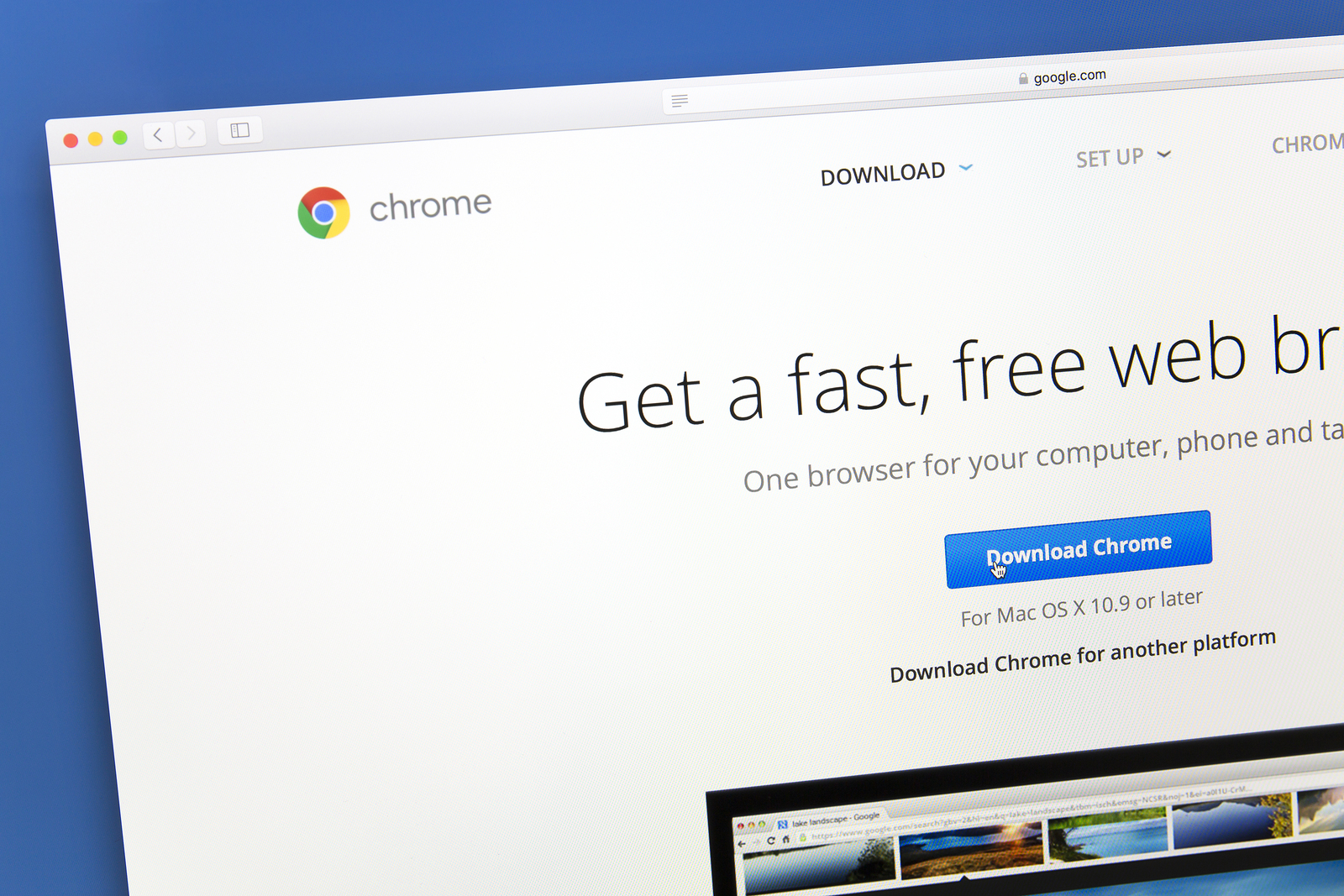Google removes two Chrome extensions for spamming users
Add-ons to Feedly and Tweet my Page identified as culprits.

Google has removed two Chrome extensions from its web store after it was revealed they started to covertly spam users with adverts.
"Tweet my Page" and "Add to Feedly" were updated with code that meant users were spammed with adverts on every webpage they visited.
This was in direct violation of the search giant's terms of service, which Google revised in December.
The creator of the Feedly add-on revealed he had sold the rights to the extension for a 4-figure sum to an unknown party.
"I had no clue about the buyer and was also curious to know why would anyone pay this kind of money for such a simple Chrome extension," noted Amit Agarwal in his blog.
"A month later, the new owners of the Feedly extension pushed an update to the Chrome store. No, the update didn't bring any new features to the table nor contained any bug fixes. Instead, they incorporated advertising into the extension."
It appears a number of other developers have been approached by third parties with requests to insert such code into their apps. The creators of coupon extension called "Honey" which has over 260,000 users, took to Reddit to confirm it has been rejecting offers.
Sign up today and you will receive a free copy of our Future Focus 2025 report - the leading guidance on AI, cybersecurity and other IT challenges as per 700+ senior executives
"Over the past year we've been approached by malware companies that have tried to buy the extension, data collection companies that have tried to buy user data, and adware companies that have tried to partner with us. We turned them all down," Gemusan noted.
-
 The modern workplace: Standardizing collaboration for the enterprise IT leader
The modern workplace: Standardizing collaboration for the enterprise IT leaderHow Barco ClickShare Hub is redefining the meeting room
-
 Interim CISA chief uploaded sensitive documents to a public version of ChatGPT
Interim CISA chief uploaded sensitive documents to a public version of ChatGPTNews The incident at CISA raises yet more concerns about the rise of ‘shadow AI’ and data protection risks
-
 Google rolls out patch for high-severity Chrome browser zero day
Google rolls out patch for high-severity Chrome browser zero dayNews It's the eighth time this year Google has been forced to address a zero-day vulnerability in its world-leading browser
-
 Google Chrome branded the least effective browser for stopping phishing attacks
Google Chrome branded the least effective browser for stopping phishing attacksNews The world's most popular browser came dead last when compared against competitors
-
 Windows devices targeted by PuzzleMaker malware exploiting Chrome zero-day flaw
Windows devices targeted by PuzzleMaker malware exploiting Chrome zero-day flawNews Chain of vulnerabilities used to attack multiple companies worldwide
-
 Malware found on popular Facebook, Instagram and Vimeo browser extensions
Malware found on popular Facebook, Instagram and Vimeo browser extensionsNews Chrome and Edge extensions laced with malware have already been installed three million times
-
 Google sets a date for Chrome extension privacy revamp
Google sets a date for Chrome extension privacy revampNews From January 18th, developers must be clear about how they're handling user data
-
 Google looks to replace third-party cookies in two years
Google looks to replace third-party cookies in two yearsNews The online advertising market needs to shift to tracking methods that offer some user privacy, admits Google
-
 Chrome continues HTTP phase-out by removing 'secure' icon from HTTPS sites
Chrome continues HTTP phase-out by removing 'secure' icon from HTTPS sitesNews Changes in 'secure' and 'non secure' icons comprise final steps in plan to make web secure-by-default
-
 Hack on popular Chrome plugin spams ads to one million users
Hack on popular Chrome plugin spams ads to one million usersNews The author says a phishing scam led to the theft of admin credentials